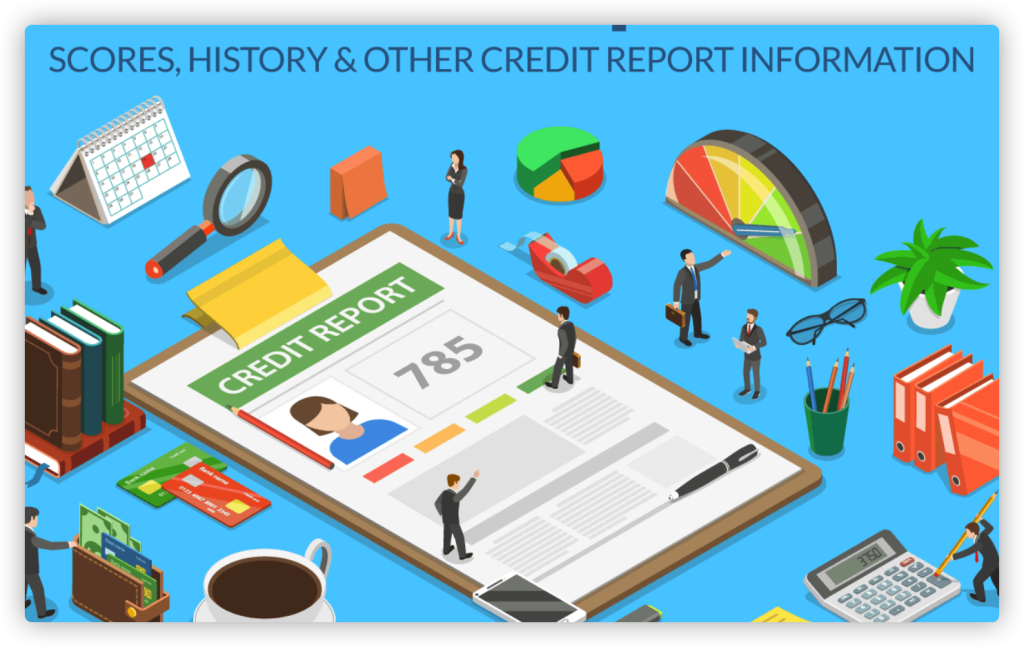
Your credit report and credit score are important tools that lenders, landlords, and other financial institutions use to evaluate your creditworthiness and risk level. In this article, we will discuss how to check and understand your credit history, including your credit report and credit score.
What is a Credit Report?
A credit report is a detailed record of your credit history, including information about your credit accounts, payment history, and any negative items such as late payments, bankruptcies, and collections. Your credit report is maintained by the three major credit bureaus: Equifax, Experian, and TransUnion.
What is a Credit Score?
A credit score is a numerical summary of your creditworthiness, based on the information in your credit report. Credit scores range from 300 to 850, with higher scores indicating a better credit risk. Credit scores are used by lenders, landlords, and other financial institutions to evaluate your creditworthiness and risk level.
How to Check Your Credit Report and Credit Score
There are several ways to check your credit report and credit score:
- Order a copy of your credit report: You are entitled to a free copy of your credit report from each of the three major credit bureaus once a year. You can request a copy of your credit report online at annualcreditreport.com or by phone at (877) 322-8228.
- Use a credit monitoring service: Credit monitoring services can provide you with ongoing updates to your credit report and credit score, alerting you to any changes or potential errors. Some credit card companies and banks also offer credit monitoring services to their customers.
- Check your credit score for free: Some credit card companies, banks, and websites offer free credit scores to their customers or users. These scores may not be the same as the scores used by lenders, but they can give you a general idea of your creditworthiness.
Understanding Your Credit Report and Credit Score
To understand your credit report and credit score, here are some key things to consider:
- Payment history: Payment history is one of the most important factors that determines your credit score. Lenders and creditors want to see that you have a history of making timely payments on your credit accounts.
- Credit utilization: Credit utilization is the amount of credit you use compared to the total amount of credit available to you. A high credit utilization ratio (using a large percentage of your available credit) can hurt your credit score. To improve your credit score, try to keep your credit utilization below 30%.
- Credit mix: Credit mix refers to the different types of credit you have, such as credit cards, mortgages, and auto loans. A diverse credit mix can improve your credit score.
- Length of credit history: The longer your credit history, the better. A longer credit history demonstrates financial stability and can improve your credit score.
- Negative items: Negative items such as late payments, bankruptcies, and collections can hurt your credit score. To improve your credit score, try to pay your bills on time and resolve any negative items on your credit report.
- Credit inquiries: Credit inquiries are requests for your credit report by lenders or creditors. Too many credit inquiries in a short period of time can be a red flag to credit card companies and may result in a lower credit score. To improve your credit score, be selective about the credit accounts you open.
Conclusion
Your credit report and credit score are important tools that lenders, landlords, and other financial institutions use to evaluate your creditworthiness and risk level. By checking your credit report and credit score regularly and understanding the key factors that affect them, you can manage your credit responsibly and achieve your financial goals.
